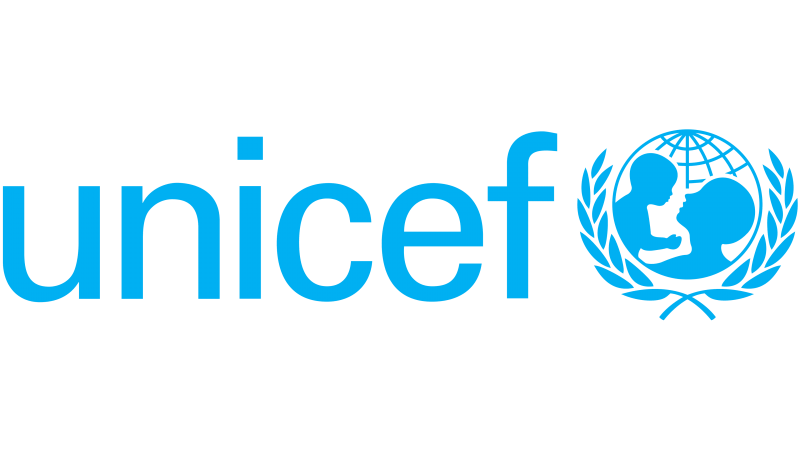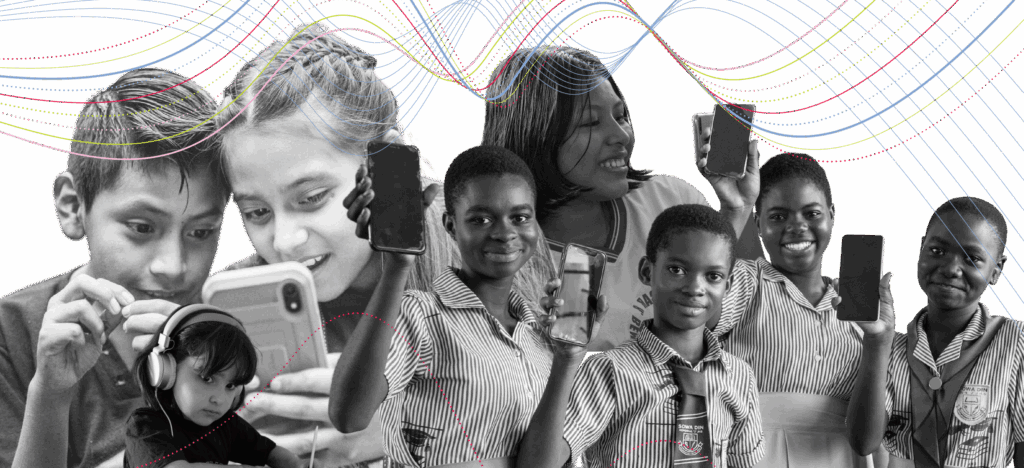UNICEF Namibia
Our grantees UNICEF Namibia Tackling Online Child Sexual Exploitation and Abuse in Namibia Countries involved:Namibia In Namibia, the Fund helped UNICEF Namibia establish an online reporting portal,
Countries involved:
South Africa
The Fund is helping UNICEF South Africa promote positive Internet use while deterring online violence, exploitation and abuse. From 2018-2022, the agency worked on creating tools on online safety and integrating them into existing programmes and platforms to create awareness among parents, children and communities. This included training religious leaders on children’s rights and violence against children and supporting faith-based organisations to establish child protection reporting mechanisms. In addition, UNICEF South Africa worked with the National Department of Social Development to implement the 365 Days Child Protection Programme, a social mobilisation campaign that is spurring dialogue about violence against children in communities throughout the country.
UNICEF South Africa also conducted a survey on children’s behaviour online according to the Global Kids Online methodology to inform legislative and policy reform and implementation. The findings of this study will inform relevant programme development.
In addition, UNICEF South Africa is boosting the knowledge and skills of children, families and communities to help children safely use the Internet, and is increasing children’s access to victim services, among other activities working to create awareness, identify children exposed to violence, and refer those children to services.
Through new funding by Safe Online in 2022, UNICEF South Africa is working on the Enhancing Child Online Safety Programme. This falls within UNICEF’s wider strategy to protect children from violence and exploitation in all settings and builds on UNICEF’s continued efforts to support coordinated national responses to OCSEA using the WePROTECT Global Alliance Model National Response as a guide to drive national action.

Grant timeline:
February 2018 – December 2021 ($999,615) / May 2022 – May 2025 ($996780)
Grantee website:
www.unicef.org/southafrica
Funding amount:
$1,996,395
Our grantees UNICEF Namibia Tackling Online Child Sexual Exploitation and Abuse in Namibia Countries involved:Namibia In Namibia, the Fund helped UNICEF Namibia establish an online reporting portal,
Our grantees UNICEF Mongolia Adopting the Model National Response to Prevent and Tackle Child Sexual Exploitation and Abuse in Mongolia Countries involved:Mongolia In Mongolia, the
Our grantees Oficina De Defensoria De Los Derechos De La Infancia (ODI) Representing Child Victims of Online Sexual Exploitation in the Legal System Countries involved:Mexico
Our grantees UNICEF Madagascar Strengthening the National Protection System to Prevent and Respond to Online Child Sexual Exploitation and Abuse in Madagascar Countries involved:Madagascar From
Our grantees Zana Africa Understanding Online Sexual Exploitation and Abuse of Children With Intellectual Disabilities in Kenya Countries involved:Kenya Children and young people in general
Our grantees ChildFund International Countries involved:October 2017 – October 2019 ChildFund Kenya’s Safe CLICS project will address key gaps by increasing OCSEA awareness, building children’s and
Our grantees UNICEF Kenya Developing and Implementing a National Plan of Action to Prevent and Respond to Online Child Exploitation and Abuse Countries involved:October 2017

Copyright Safe Online 2023 ©
All imagery is taken from the Safe Online and UNICEF image library


Weave Wellbeing is Safe Online’s initiative to raise a USD $100 million collaborative fund for children and adolescent mental health and safety in a digital age.
We are here to ensure every child and young person grows in to the digital world feeling safe, and is protected from harm.
We support, champion, and invest in innovative partners from the public, private, and third sectors working towards the same objective.
We believe in equipping guardians and young people with the skills to understand and see danger themselves once accessing digital experiences without supervision.